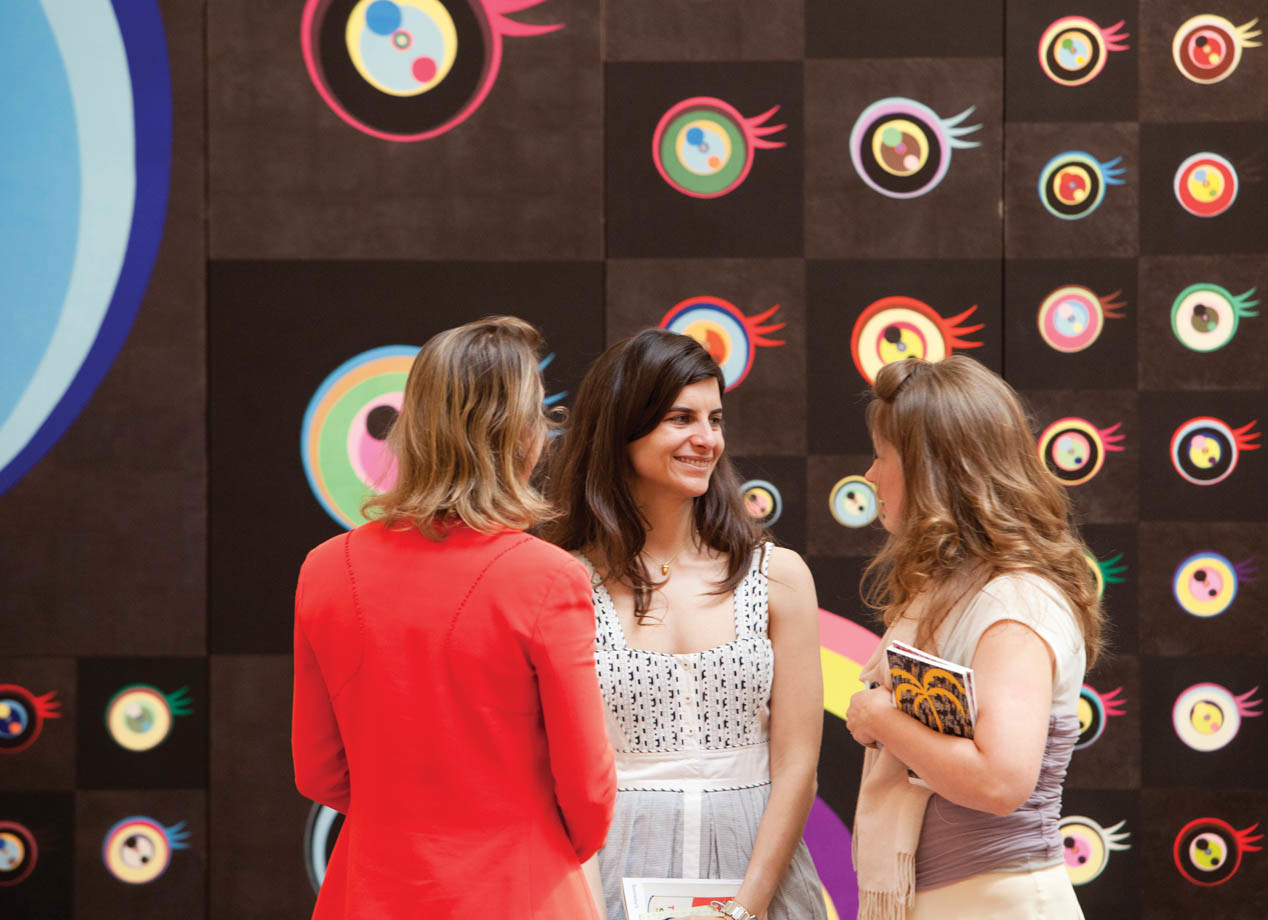Starting a career in the international art world requires preparation, persistence and most importantly understanding of its unique universe of career possibilities. The art world employs a wide variety of professionals in a myriad of settings.
In the commercial landscape are roles in the auction houses, galleries, advisory firms, insurance companies and online marketplaces. Moving toward the non-profit space are the foundations, museums, historic houses and education institutions. The Career Services office at Sotheby’s Institute works with candidates and employers every day to help both parties find a good match. Finding a great job depends largely on understanding your options, knowing your strengths and sharpening your focus.
There are three questions that all job seekers need to ask themselves before launching an effective
job search:
1. What working environment interests you most?
2. What function do you want to perform?
3. Where, geographically, would you like to work?
Start with you
Greater chances of success will come to those who carefully consider the environment in which they’d like to work. Whether it be in an auction house or a museum, it is important to reflect on the issues important to you. Do you enjoy structure? Do you envision yourself in an entrepreneurial situation? Would you prefer to be part of a big or small team? And even ask yourself what sort of art you would love to surround yourself with.
As you begin to visualize yourself working in a specific setting, the next question is what you would like to spend your time doing each day. The function you choose depends as much on your skills as your preferences. In my experience, job seekers who really understand their strengths and leverage those strengths will find the best positions. For example, if you are good at and enjoy writing, roles in journalism, marketing, research and social media are plentiful. If you find you gravitate to working with others, then client services, sales or development/fundraising might be a suitable fit. Those with strong analytical skills who long to work directly with objects might find themselves happiest in the appraisal business. Finding the intersection of what you do well and what you like to do will ensure your success.
Focus beats flexibility
Once you have a clear vision of your ideal role, you can take the first step toward finding it. Understanding the marketplace in cities where you are searching is critical. Lots of job seekers initially believe that being open to working “anywhere” is the best approach.
Though flexibility can help, you are far likelier to succeed if you focus on where you want to work, why you want to be there, and developing strong professional relationships. When you are ready to begin your job search, it is the network you build that makes all the difference as some of the best jobs are never advertised.
Talk to the professionals
There is no better way than speaking to an experienced professional about their own career path to learn whether theirs is the right path is for you. At Sotheby’s Institute, employers, alumni and faculty work to ensure that students get to see all sides of the art world so that answering the three key questions above becomes a lot easier.
